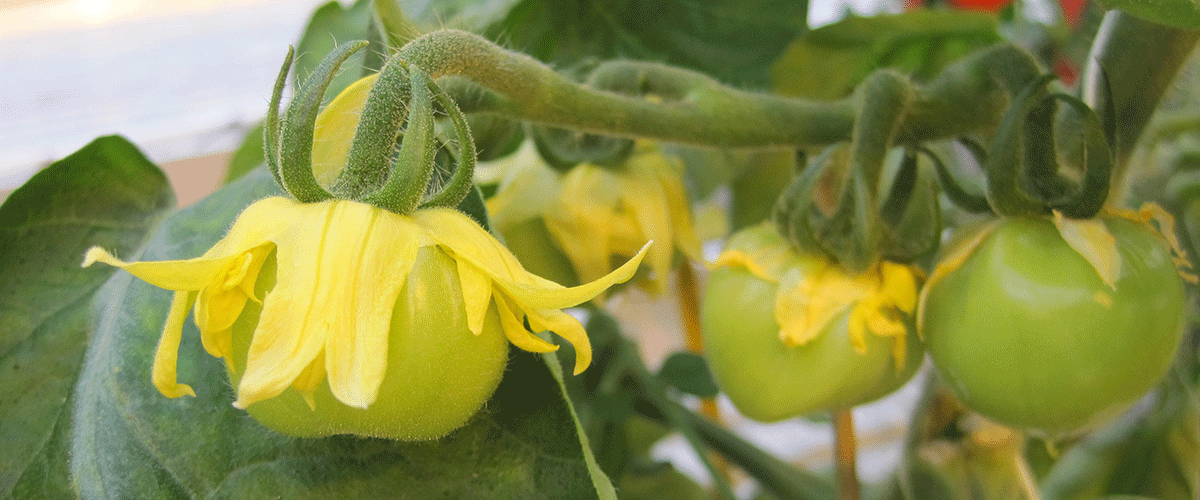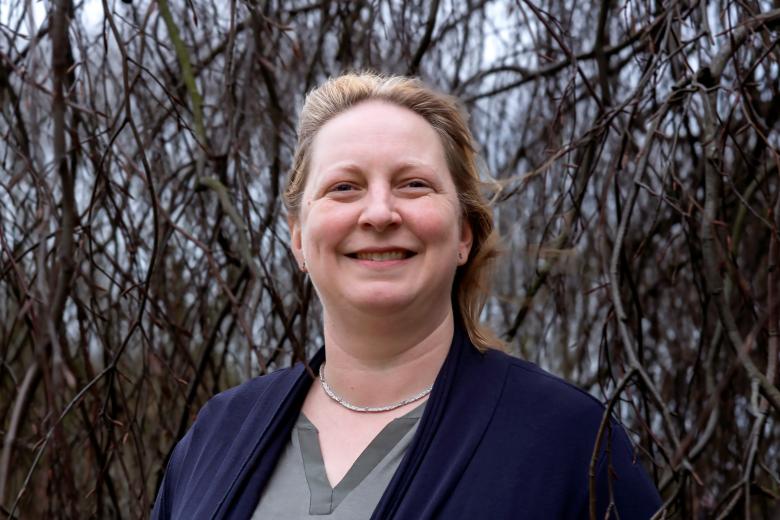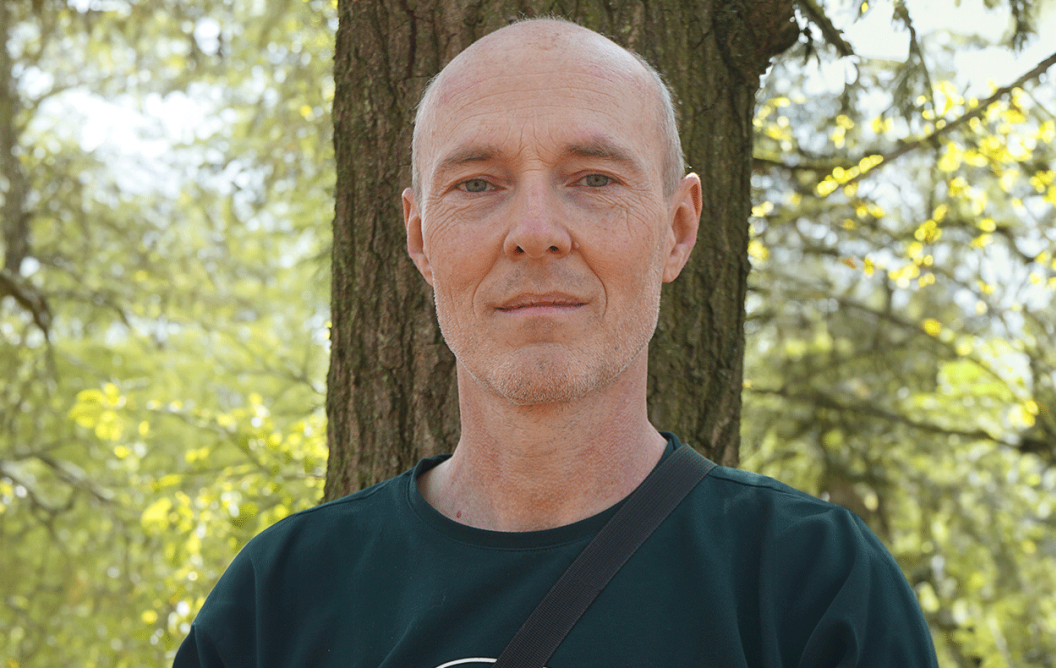Climate change imposes a different way of doing scientific research
Wim Vriezen seeks science that has a significant impact on society. Because, despite climate change, the rising global population must continue to eat. Vriezen was recently appointed as professor of Plant Functional Genomics at Maastricht University's Faculty of Science and Engineering.
"Tackling global challenges posed by climate change requires a different way of doing scientific research, no longer focused on just gathering knowledge but also on solving problems surrounding, for example, food supply. For much of 2023, the average worldwide temperature was 1.5 degrees Celsius higher than the historical norm. All of the factors that contributed to this temperature increase continue unabated. Even if net CO2 emissions are reduced to zero, it will take centuries before the amount of carbon dioxide in the atmosphere returns to normal," Vriezen says from his office at the Brightlands Campus Greenport Venlo. “It is therefore very important that we focus on the future of our agriculture, and especially on the development of crops that can withstand environmental factors such as periods of higher temperatures and drought."
Breeding
Vriezen is highly involved in food crop breeding, with the goal of adding or improving current crops' qualities. That is not easy. Assume biologists discover a wild cucumber variety that can use the limited available water more efficiently. "You cannot just pass on such a genetic feature to the cultivated plants that farmers use today. Cultivated crops must meet strict requirements. Cucumbers have a distinct shape, colour, weight, and flavour. If a farmer deviates from this, it could affect cucumber sales."
When crossing crops, it is critical to maintain all present qualities. When you cross a cultivated cucumber with a heat-resistant wild species, you either acquire unwanted qualities or lose beneficial ones. “It can take up to ten years for a new, complicated characteristic to be incorporated into an otherwise unmodified cultivated cucumber plant. That pace is far slower than the rate at which the climate has altered in recent years."
CV Wim Vriezen
Vriezen completed his studies and PhD at Radboud University before moving on to work at universities in Utrecht, Ghent, and, again, Nijmegen. He then worked for Nunhems Netherlands. Since September 2023, he has been a professor of Plant Functional Genomics at Maastricht University. His present employer is the Brightlands Future Farming Institute at Brightlands Campus Greenport Venlo.

Modification
So far, the professor has discussed classical plant crossing, in which offspring are naturally produced and then selected in the laboratory for the presence of novel genes and/or proteins. There is a faster technique to change the genetic traits of plants, which is targeted genetic modification. Genetically modified crops are strictly regulated in Europe. Though, in February, the European Parliament passed legislation allowing for the commercial use of genetically modified crops using innovative techniques such as CRISPR-Cas, as long as the new plants remain patent-free.
CRISPR-Cas can make tiny changes to plant DNA with high precision. According to Vriezen, this approach is not without its difficulties. "You modify one plant cell, which then must grow into a complete plant. Sometimes this is simple, such as plants that regenerate when one leaf is inserted into the soil. However, not all plants are capable of performing this trick. That is why we are developing techniques to enable CRISPR-Cas in plants that cannot or only rarely grow from a single cell. With this new strategy, we hope to perform fundamental scientific research while also looking for practical applications.
Venlo
Vriezen's research mostly takes place at the Brightlands Campus Greenport Venlo. On that site, Maastricht University is constructing a cutting-edge, environmentally friendly greenhouse to study crop optimisation techniques. "I hope that my group and I, through research, can contribute to the sustainable production of healthy food in a changing climate."
Also read
-
DigiMach: Digital Transformation of the Machining Value Chain for Sustainable Growth
DigiMach is a transnational 3-year collaborative approach that will transform manufacturing across the Meuse-Rhine region by bringing AI, IoT, and robotics to small and medium-sized enterprises in the machining sector. The project will assist more than 150 SMEs to adopt smart, digital tools, through...

-
Working at UM: “a life-changing experience”
"I am proud that our new Circular Plastics group published its first completely in-house research," Kim Ragaert says. She founded the research group three years ago, when she moved to Maastricht. Her work has laid the foundations for many innovations in the field of plastic recycling, and she is...

-
How does the universe taste?
Gerco Onderwater investigates the flavour of the universe while guarding the flavour of the Maastricht Science Programme. On 31 May, during his inaugural lecture, he provided a pre-taste of his work in Maastricht.

